 I AM SO GLAD YOU STOPPED BY! I'm going to be very honest with you...technology has NEVER been my gift. A year ago, I decided I wanted to start a podcast. Then I decided that to have a podcast, I must first have a website. I like to write so this seemed like a natural fit. When I created my website, I did not want to get a PhD in navigating a platform. I wanted to blog and have a podcast. Instead, I got so overwhelmed and discouraged by the forum, that I not only never created that podcast, I also completely quit writing or posting. To be fair, LIFE also happened. The holidays came along...and I was really struggling with some triggers related to that time of year. I was just starting to get back on my feet when the Coronavirus began to ravage our nation. I have also been experiencing fluctuating hormones, which led me to a new diagnosis on top of my CPTSD called PMDD. I will definitely be addressing this in a future blog post. For now, I will simply say that Premenstrual Dysphoric Disorder (PMDD) added to the emotional dysregulation of Complex PTSD is not only extremely confusing, but can also wreak havoc on your mental health, emotional stability, and it takes paranoia to a whole new level of "insane"--pardon the pun. If you feel like you go a little "crazy" around your period every month--almost like you are a completely different person--or if you have severe mood swings or dramatic shifts in feelings and emotions inside of your intimate relationships, please google PMDD and see if this might be adding gasoline to the CPTSD fire that is already burning in your life. Thank you for your patience as I rebuild here. Know that I am praying for all of you and I hope that you are being self-care badasses during this strange and dysregulating time that we are living in. If you have a question or topic you would like me to blog about, please contact me using the contact link and form or email me directly at restoringmybeloved@gmail.com Peace and Blessings, Vikki
0 Comments
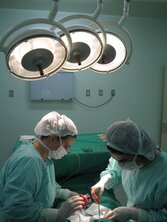 My personal experience with how it feels to heal from Complex PTSD and Trauma is that it was like a dark bloody triage room. From the moment I began therapy, I felt like I was simply moving from one scary triage room of trauma to the next without much of a rest in between. Each room was dark, frightful, and upon the first look, I would think, “This looks bad!” In an effort to console myself, I would then offer, “I’m sure it’s not as bad as it looks.” But as my eyes adjusted to the darkness of each room, I soon realized that it WAS bad. In fact, after taking a closer look, I inevitably saw more and more of the disturbing truths and images that resided in that space. I believe that one of the main things that needs to be addressed in order for a shift to happen is acceptance. In the 7 stages of grief, acceptance is listed as the last step, but for Complex Trauma Survivors, no real healing can happen without accepting what was done to us and how it affected us. Leaning in to these realities, feelings, and the pain and grief of not only what was done to us, but all that we DID NOT GET that we truly deserved as a child, is a huge undertaking. The following quote is taken from the Substance Abuse Treatment for Persons with Child Abuse and Neglect Issues manual at the Center for Substance Abuse Treatment in Rockville, Maryland. “Acknowledging past abuse can be an important step for clients in treatment because it breaks the secrecy and shame that are so often part of the abuse legacy. Many clients may find it easier to ‘confide’ their history to a computer screen or a piece of paper than to another person. For some clients, the act of acknowledging is so relieving that it is healing in and of itself. However, for most, acknowledgement alone is not enough and requires additional therapeutic work for full resolution of abuse-related issues.” This instruction manual then goes on to explain the importance on the counselor’s part to be aware of the client’s hyper-vigilant regard for the counselor’s reaction to their disclosed experiences, stating that clients will need “considerable reassurance from the counselor that she does not hold them responsible for the abuse or view them differently because she knows about it,” and warning that “clients may become withdrawn after having been so vulnerable.” Dr. Adam Young emphatically states that we all have a Story. I invite you to start with Episode 1 of his Podcast, The Place We Find Ourselves, to begin to understand your own story and how it is showing up in your life now. I didn’t know about this podcast when I started my healing journey, so my experience of “engaging my story” at that time was simply making a memory list with my therapist of traumatic moments from childhood. It was like opening Pandora’s box over and over again with each new piece of the puzzle revealed as my brain and body allowed it to unfold. However, walking into that room of horrible inexplicable trauma, seeing it for the reality of what it was, getting a 360 degree spin around that space while doing EMDR or talk therapy with repressed details coming to light during this process, working through all the bloody and frightening triage that each room represented and emerging on the other side is the ONLY way to truly heal. Now, you might begin to argue that your story doesn’t include physical abuse, sexual abuse, or anything that you might consider “abuse.” Let me just say that 5 years ago, I would have said the same thing. In fact, many times in my past, I have repeatedly stated that I had a “Beaver Cleaver” upbringing because we were a church-going, seemingly normal family who lived in a residential neighborhood and everything looked picture perfect from the outside. I always had food to eat, clothes to wear, a roof over my head, and all my basic material needs were met. Pete Walker, in his book, Complex PTSD: From Surviving To Thriving, addresses the issue of never having been “hit” and explains the effects of verbal and emotional abuse in childhood, including a section in Chapter 5 called, “Denial And Minimization.” “It appears to me that just as many children acquire Cptsd from emotionally traumatizing families as from physically traumatizing ones. Denial about the traumatic effects of childhood abandonment can seriously hamper your ability to recover. In childhood, ongoing emotional neglect typically creates overwhelming feelings of fear, shame and emptiness. As an adult survivor, you may continuously flashback into this abandonment mélange. Recovering depends on realizing that fear, shame and depression are the lingering effects of a loveless childhood. Without such understanding, your crucial, unmet needs for comforting human connection can strand you in a great deal of unnecessary suffering.” If you are still unconvinced or find yourself starting to dismiss the possibility that you might have experienced childhood trauma, abuse, or neglect, I highly recommend that you purchase Pete Walker’s book or to at least continue to research childhood trauma and how it affects our lives as adults. Check out these resources to learn more. Childhood Trauma Recovery What is Complex Post Traumatic Stress Disorder? I went on a silent retreat two months after getting my Complex PTSD diagnosis and beginning therapy with EMDR and CBT. I’d like to share an image that I drew while on my retreat. Trigger Warning: child abuse, narcissistic abuse, vivid descriptions of emotional abuse, control, enslavement, cruelty, wounded heart, serpent, hand of God, Scripture
“Enslavement” |
Archives
September 2020
Categories |
Proudly powered by Weebly
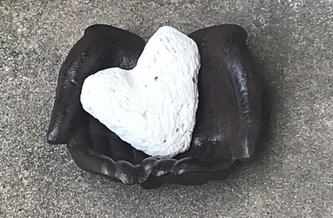
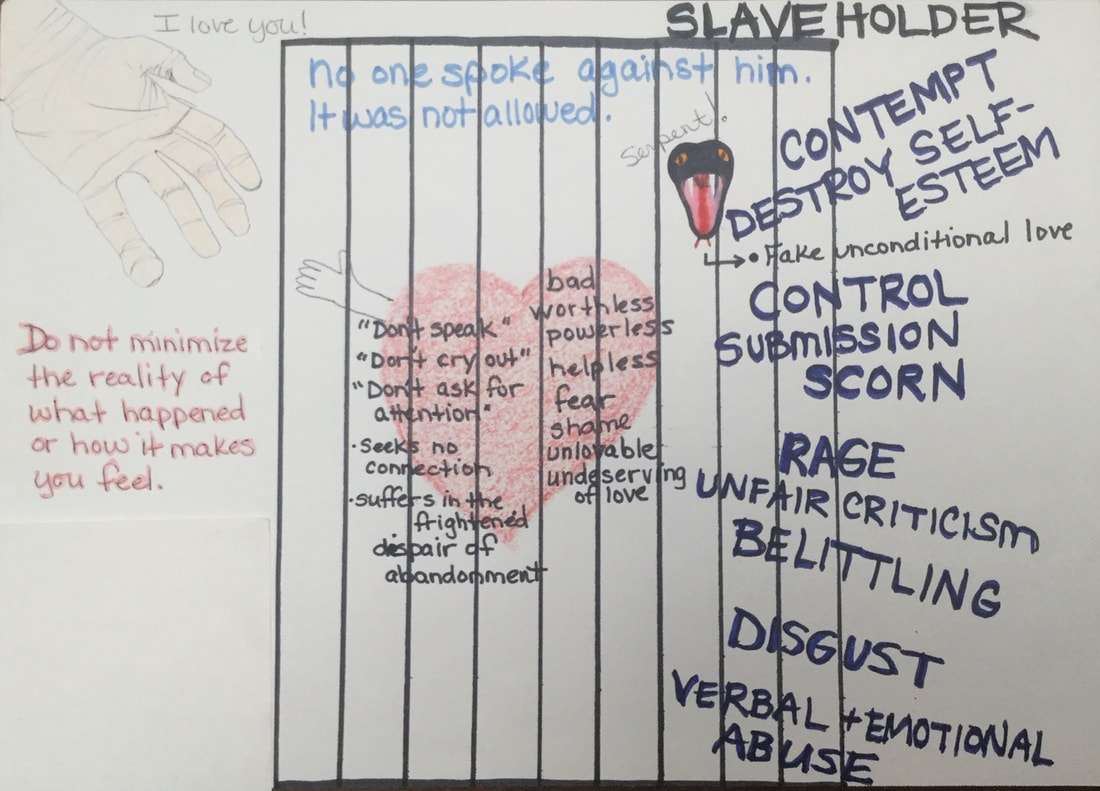
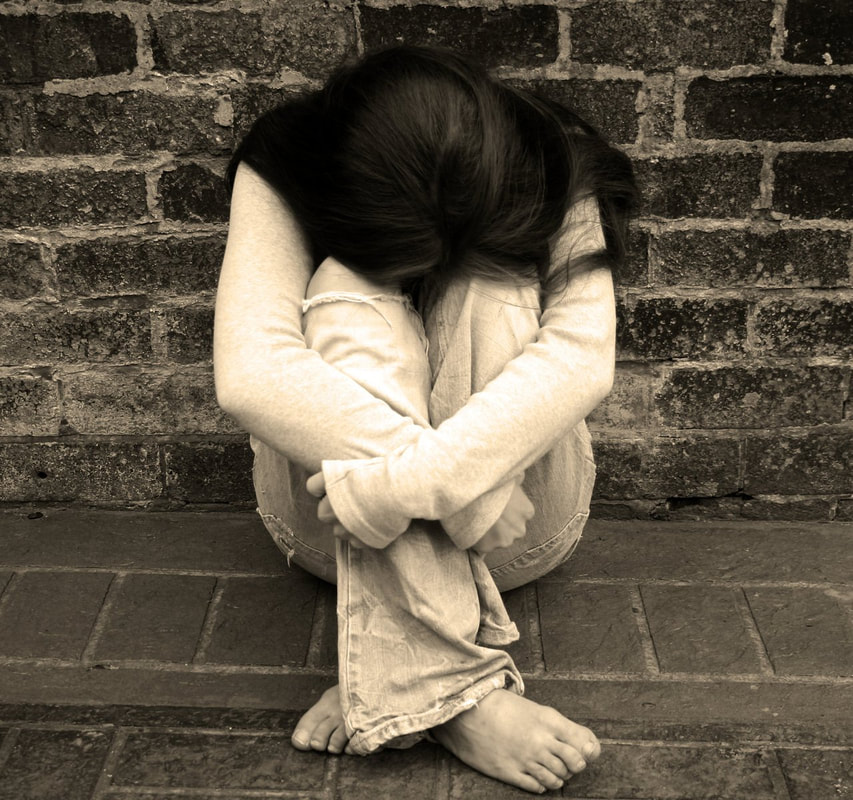

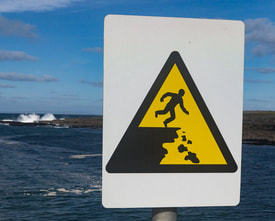
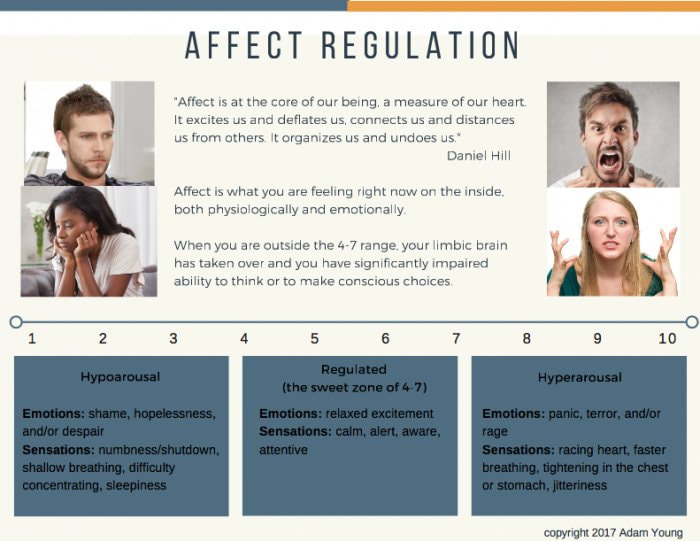
 RSS Feed
RSS Feed